Home>Garden Essentials>How Long Does It Take For Cabbage To Germinate?
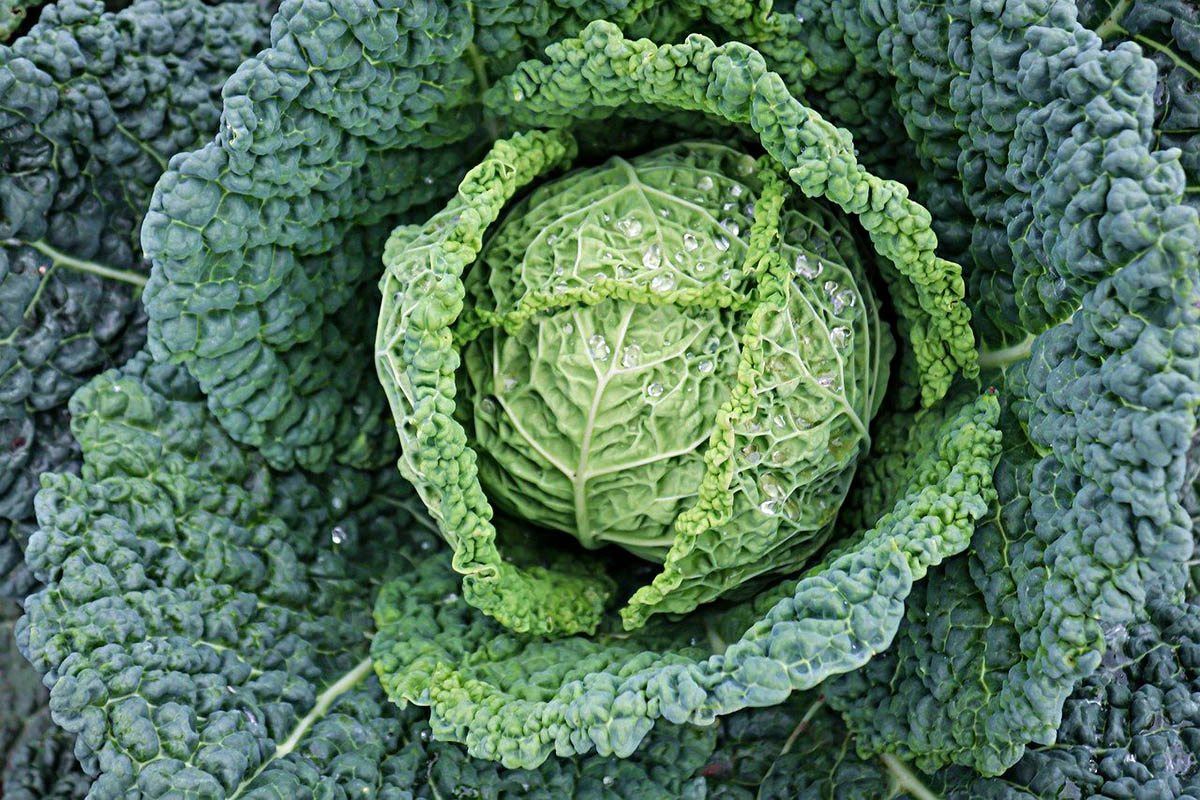

Garden Essentials
How Long Does It Take For Cabbage To Germinate?
Modified: March 16, 2024
Discover how long it takes for cabbage to germinate in your garden. Get expert tips on growing this leafy vegetable and ensure successful cultivation.
(Many of the links in this article redirect to a specific reviewed product. Your purchase of these products through affiliate links helps to generate commission for Storables.com, at no extra cost. Learn more)
Introduction:
Gardening enthusiasts and farmers cultivating cabbage are often eager to know how long it takes for cabbage seeds to germinate. Understanding the germination process is crucial for successful cabbage cultivation, as it allows growers to plan and optimize their planting schedules accordingly.
In this article, we will explore the factors that influence cabbage germination time and provide insights into creating optimal conditions for seed germination. We will also delve into the average germination time for various cabbage varieties and offer tips for speeding up the germination process. Additionally, we will address common challenges that gardeners may encounter during cabbage germination and provide solutions to overcome them.
So, whether you are a seasoned gardener or just starting your cabbage-growing journey, this article will equip you with essential knowledge to help you achieve successful cabbage germination and bountiful harvests.
Key Takeaways:
- Cabbage seeds need warmth, moisture, and quality soil to sprout. Pre-soaking seeds and providing adequate light can speed up the process, leading to a successful and rewarding cabbage-growing experience.
- Understanding factors like temperature, moisture, and seed quality is key to successful cabbage germination. By addressing common challenges and creating optimal conditions, you can enjoy a bountiful harvest of delicious cabbage.
Read more: How Long Does It Take For Mint To Germinate?
Factors Affecting Cabbage Germination Time:
The germination time of cabbage seeds can vary depending on several factors. Understanding these factors can help you optimize the conditions for successful germination. Here are some key factors that affect cabbage germination time:
- Temperature: Cabbage seeds require specific temperature ranges for optimal germination. Typically, cabbage seeds germinate best between 60°F and 70°F (15°C and 21°C). Temperatures below or above this range can significantly delay germination or inhibit it altogether.
- Moisture: Adequate moisture is crucial for cabbage seeds to germinate. If the soil is too dry, the seeds may fail to germinate. On the other hand, excessive moisture can lead to rotting. Maintaining consistent moisture levels is important throughout the germination process.
- Light: Cabbage seeds do not require light for germination. In fact, they often germinate better in the dark. Therefore, it is not necessary to expose cabbage seeds to direct sunlight during germination.
- Soil Quality: The quality of the soil plays a significant role in cabbage germination. Loose, well-draining soil that is rich in organic matter and nutrients creates an ideal environment for seed germination. Soil compaction can hinder germination by impeding root growth.
- Seed Quality: Using high-quality seeds is essential for successful germination. Poor-quality or old seeds may have lower germination rates and can significantly prolong the germination time.
- Seed Depth: Planting cabbage seeds at the appropriate depth is crucial for germination. Planting them too shallow or too deep can affect the germination process. As a general rule, plant cabbage seeds approximately 1/4 to 1/2 inch (0.6 to 1.3 cm) deep.
By considering and managing these factors, you can create optimal conditions that promote faster and more consistent cabbage germination. Taking the necessary steps to address any potential issues related to these factors can greatly impact the germination time of your cabbage seeds.
Optimal Conditions for Cabbage Germination:
Creating the ideal conditions for cabbage germination is crucial to ensure successful seed sprouting and healthy plant development. By providing the following optimal conditions, you can increase the chances of quicker and more uniform cabbage germination:
- Temperature: Cabbage seeds germinate best in temperatures between 60°F and 70°F (15°C and 21°C). To maintain a consistent temperature, consider using a seedling heat mat or placing the seed trays in a warm location.
- Moisture: Proper moisture levels are essential for seed germination. Ensure that the soil is evenly moist, but not soaking wet. Use a spray bottle or misting nozzle to gently water the soil, preventing excessive water runoff or displacement of seeds.
- Soil Quality: Use a well-draining potting mix or seed-starting mix that is rich in organic matter. This type of soil allows for proper water retention and aeration, promoting healthy root development.
- Light: While cabbage seeds do not require light for germination, they will need sufficient light once they sprout. Place the seed trays in a location where they will receive 10-12 hours of bright, indirect sunlight or use grow lights to provide the necessary light intensity.
- Air Circulation: Proper air circulation is essential for preventing fungal diseases and promoting healthy growth. Avoid overcrowding the seed trays and provide ample space between them to allow air to circulate freely.
- Seed Treatment: Some gardeners choose to pre-soak cabbage seeds before sowing them to help speed up germination. Soaking the seeds in lukewarm water for a few hours or overnight can soften the seed coat and encourage faster germination.
- Seedling Care: Once the cabbage seeds have sprouted, provide them with sufficient water, light, and nutrients. Keep the soil moist but not waterlogged, and provide adequate lighting to promote healthy growth. Use a balanced liquid fertilizer to provide the necessary nutrients.
By ensuring these optimal conditions are met, you can significantly improve the germination rate and timing of your cabbage seeds. This sets a strong foundation for successful cabbage cultivation and helps to ensure a productive and rewarding gardening experience.
Average Germination Time for Different Cabbage Varieties:
While cabbage germination time can vary depending on various factors, including temperature, seed quality, and growing conditions, it is helpful to have a general understanding of the average germination times for different cabbage varieties. Here are some common cabbage varieties and their average germination times:
- Early Varieties: Early cabbage varieties are known for their relatively fast germination. On average, early cabbage seeds can germinate within 5 to 10 days, making them an excellent choice for gardeners who want to enjoy an early harvest.
- Mid-Season Varieties: Mid-season cabbage varieties typically have a germination time ranging from 7 to 14 days. These varieties strike a balance between early and late varieties, offering a moderate germination time and maturity period.
- Late Varieties: Late cabbage varieties tend to have longer germination times compared to early and mid-season varieties. They can take anywhere from 10 to 21 days to germinate. These varieties are often favored for their ability to withstand colder temperatures and produce larger heads.
- Savoy Varieties: Savoy cabbage varieties, with their crinkled and textured leaves, typically have similar germination times to mid-season cabbage varieties. Expect them to germinate within 7 to 14 days.
- Red Varieties: Red cabbage varieties have similar germination times to their green counterparts. On average, they can germinate within 7 to 14 days.
- Napa/Chinese Cabbage: Napa or Chinese cabbage varieties have relatively fast germination, similar to early cabbage varieties. Typically, they can germinate within 5 to 10 days.
It’s important to note that these are average germination times, and actual germination may vary depending on the specific conditions in which you are growing your cabbage. Factors such as temperature, moisture, and seed quality can influence the germination time.
It is always advisable to refer to the seed packet or consult the seed supplier for more precise information regarding the germination time of the specific cabbage variety you intend to grow. This will help you plan your planting schedule and anticipate when you can expect to see the first signs of sprouting.
Cabbage seeds typically germinate in 5-7 days when planted in well-drained soil with plenty of sunlight and kept consistently moist.
Tips for Speeding up Cabbage Germination:
While cabbage seeds generally have a specific germination time, there are several techniques you can employ to help speed up the process and promote quicker germination. Here are some tips to consider:
- Pre-Soaking: Pre-soaking cabbage seeds before sowing them can help soften the seed coat and stimulate germination. Simply place the seeds in lukewarm water for a few hours or overnight before planting. Be sure to discard any floating or damaged seeds.
- Warm Soil: Providing the seeds with a warm environment can accelerate germination. Make sure the soil temperature is within the optimal range of 60°F to 70°F (15°C to 21°C). Consider using a seedling heat mat to maintain a consistent temperature for faster seed sprouting.
- Moisture Management: Proper moisture is crucial for cabbage germination. Keep the soil consistently moist but not waterlogged. Use a spray bottle or misting nozzle to gently water the soil to prevent displacement of seeds. Covering the seed trays with a clear plastic dome or plastic wrap can help retain moisture and create a mini greenhouse effect.
- Provide Adequate Light: While cabbage seeds do not require light for germination, once they sprout, they need sufficient light for healthy growth. Place the seed trays in a bright location where they will receive 10-12 hours of bright, indirect sunlight or use grow lights to provide the necessary light intensity.
- Improve Seed Quality: Using fresh, high-quality cabbage seeds can significantly improve germination rates and speed. Be sure to check the expiration date on seed packets and purchase from reputable suppliers to ensure optimal seed quality.
- Optimize Soil Quality: Prepare the soil properly before sowing cabbage seeds. Ensure that the soil is loose, well-draining, and rich in organic matter. Incorporate compost or well-rotted manure into the soil to provide essential nutrients for healthy germination and growth.
- Thin Seedlings: Once the seeds have germinated and seedlings have emerged, thinning them out can help prevent overcrowding and promote better airflow. Overcrowding can lead to competition for resources and inhibit germination. Thin the seedlings to maintain a spacing of 12-18 inches (30-45 cm) between plants.
By employing these tips and techniques, you can help speed up cabbage germination and ensure a higher success rate. Remember to monitor the seeds’ progress closely, provide optimum growing conditions, and maintain regular care to establish healthy and vigorous cabbage plants.
Read more: How Long Does It Take Millet To Germinate
Common Challenges and Solutions in Cabbage Germination:
While cabbage germination is generally straightforward, certain challenges can arise that may hinder the process. Being aware of these challenges and having strategies to overcome them can help ensure successful germination. Here are some common challenges you may encounter during cabbage germination, along with their solutions:
- Poor Seed Quality: Using low-quality or expired cabbage seeds can result in lower germination rates. To overcome this, always purchase fresh, high-quality seeds from reputable suppliers. Check the expiration date on seed packets and store your seeds in a cool, dry place.
- Inconsistent Moisture: Inconsistent moisture levels can cause uneven germination or prevent seeds from sprouting altogether. To address this, regularly monitor soil moisture and water as needed to maintain consistent moisture levels. Avoid overwatering, as this can lead to rotting of the seeds.
- Poor Soil Conditions: Cabbage seeds require well-draining soil with good aeration to germinate successfully. Heavy clay soils or compacted soil can hinder germination. Improve soil quality by incorporating organic matter such as compost or well-rotted manure into the soil. This helps create a loose, fertile, and well-draining growing medium for the seeds.
- Extreme Temperatures: Extreme temperatures, both cold and hot, can adversely affect cabbage germination. Cold temperatures can delay or inhibit germination, while excessive heat can cause the seeds to dry out. Ensure that the soil temperature is within the optimal range of 60°F to 70°F (15°C to 21°C) to promote successful germination.
- Pest and Disease Pressure: Pests, such as cutworms or aphids, can damage cabbage seeds and seedlings, affecting germination. Diseases like damping-off can also be a challenge. Use preventive measures, such as practicing crop rotation, using organic pest controls, and maintaining proper sanitation in the garden, to minimize pest and disease pressure.
- Improper Seed Depth: Planting cabbage seeds at the wrong depth can impact germination. Plant seeds too shallow, and they may dry out quickly, while planting them too deep can hinder emergence. As a general guideline, sow cabbage seeds at a depth of 1/4 to 1/2 inch (0.6 to 1.3 cm) in the soil.
- Inadequate Light: While cabbage seeds don’t require light for germination, they need sufficient light once they sprout to develop into healthy seedlings. If starting seeds indoors, provide adequate light and ensure seedlings receive 10-12 hours of bright, indirect sunlight. If growing outdoors, choose a sunny location for better growth.
By addressing these common challenges and implementing the suggested solutions, you can increase the success rate of cabbage germination. Remember to regularly monitor the progress of your seeds, provide optimal growing conditions, and take prompt action if you notice any issues with germination.
Conclusion:
Cabbage germination is a crucial step in the journey of growing healthy and bountiful cabbage plants. Understanding the factors that influence germination time, creating optimal conditions, and being aware of common challenges can greatly enhance your chances of success.
Factors such as temperature, moisture, soil quality, seed quality, and light play a significant role in cabbage germination. By providing the right conditions, such as maintaining the optimal temperature range, ensuring proper moisture levels, using high-quality seeds, and providing adequate lighting, you can promote faster and more uniform germination.
Pre-soaking seeds, maintaining warm soil, and optimizing soil quality are additional techniques that can help speed up cabbage germination. Moreover, being aware of common challenges such as poor seed quality, inconsistent moisture, and pest and disease pressure allows you to take proactive measures to address these issues.
By employing the tips and strategies outlined in this article, you can set a strong foundation for successful cabbage germination. Remember to monitor the progress of your seeds, provide regular care and attention, and make necessary adjustments to optimize the growing conditions.
With patience, knowledge, and the right approach, you can witness the joy of seeing your cabbage seeds sprout and thrive into healthy and productive plants. Enjoy the journey of growing your own fresh, delicious cabbage and reap the rewards of your efforts in the form of a bountiful harvest!
Frequently Asked Questions about How Long Does It Take For Cabbage To Germinate?
Was this page helpful?
At Storables.com, we guarantee accurate and reliable information. Our content, validated by Expert Board Contributors, is crafted following stringent Editorial Policies. We're committed to providing you with well-researched, expert-backed insights for all your informational needs.
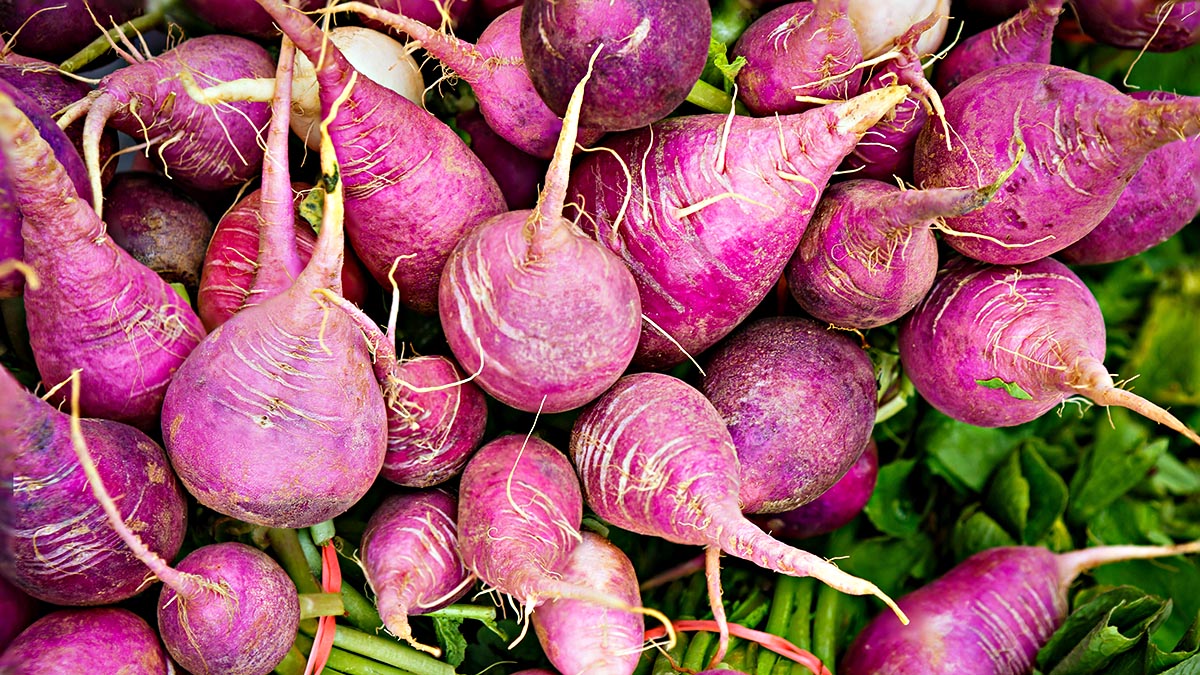

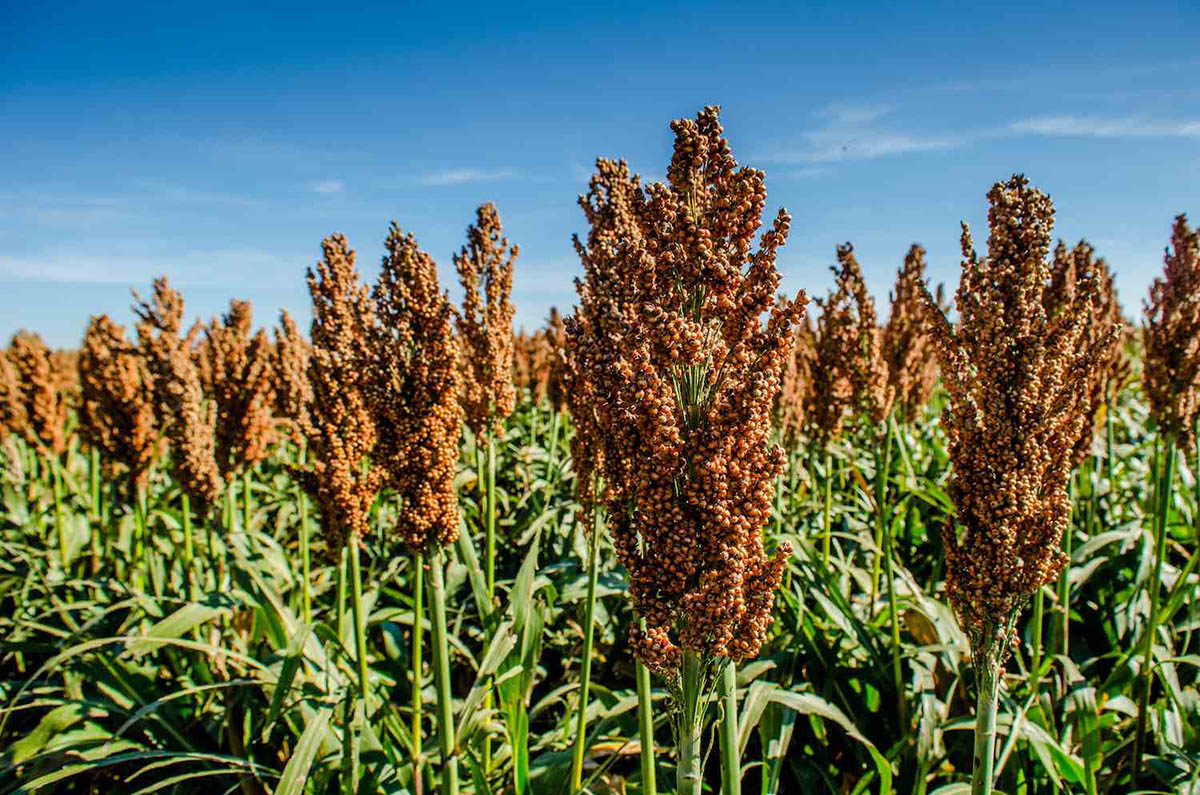
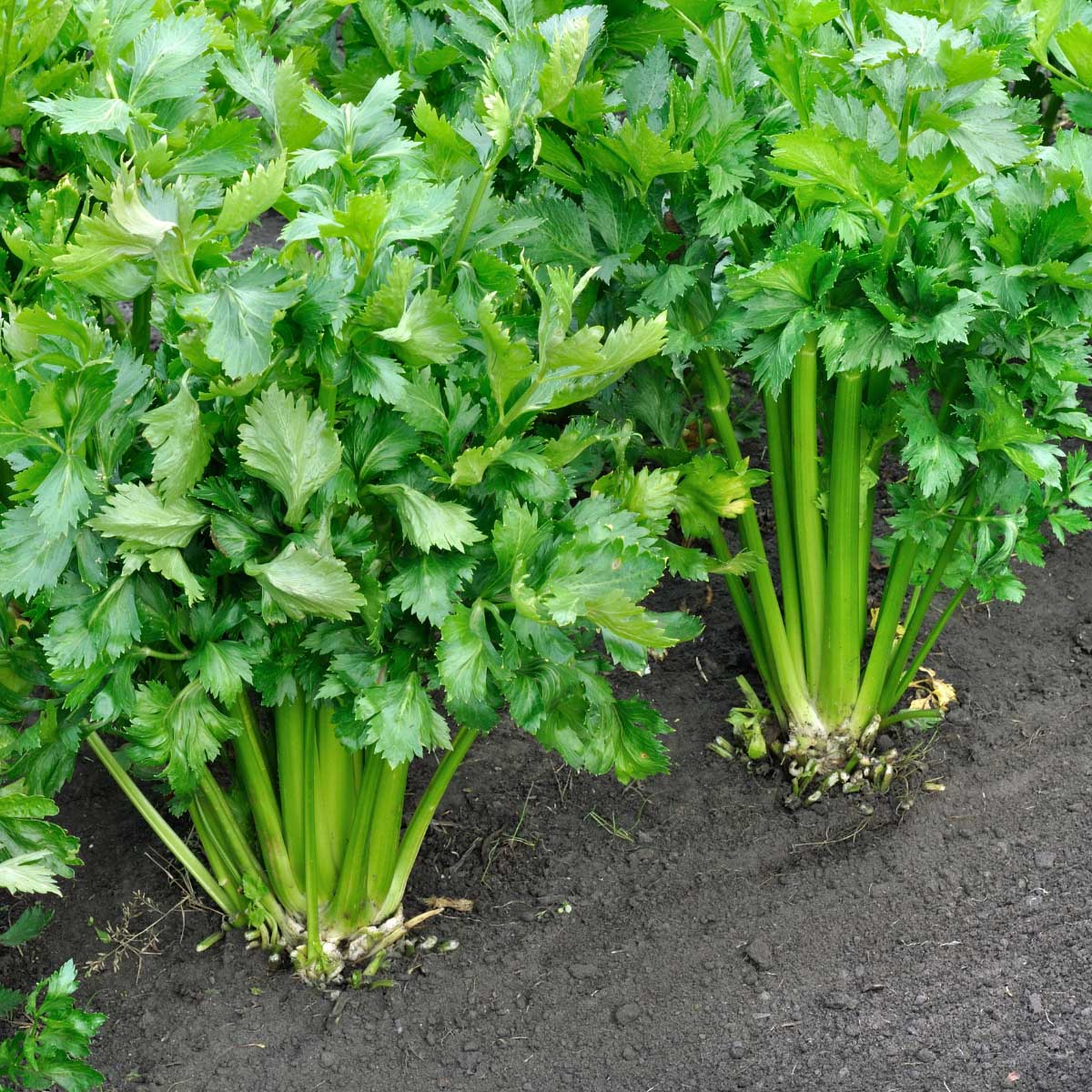

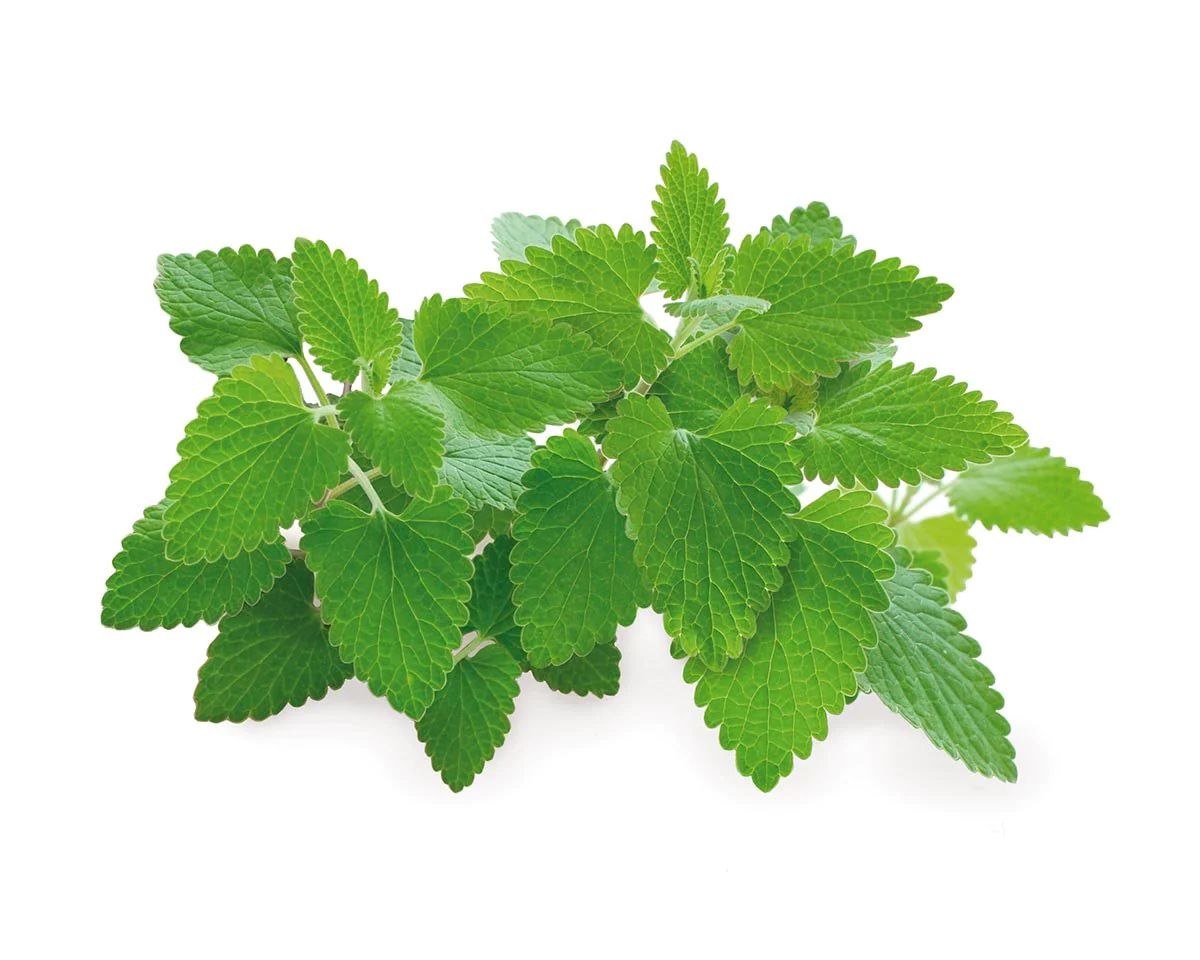
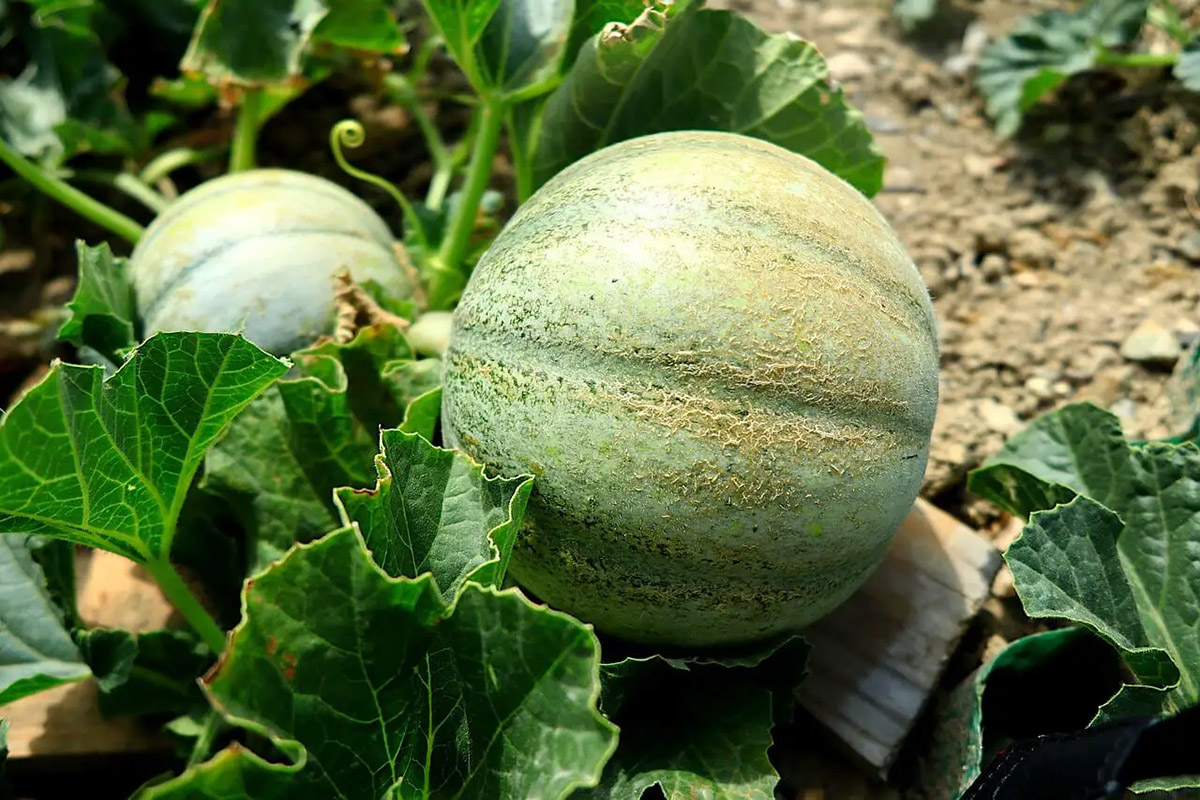
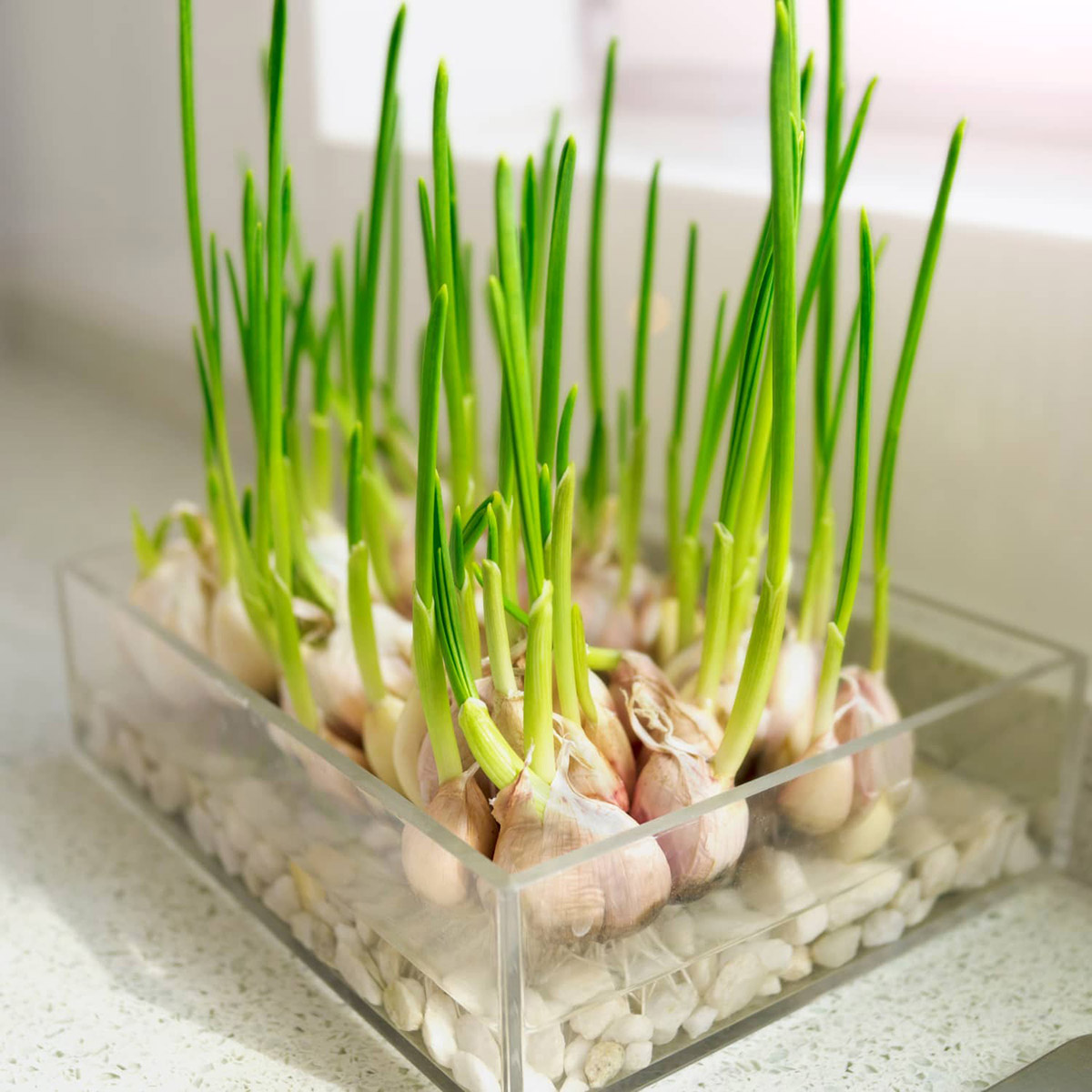

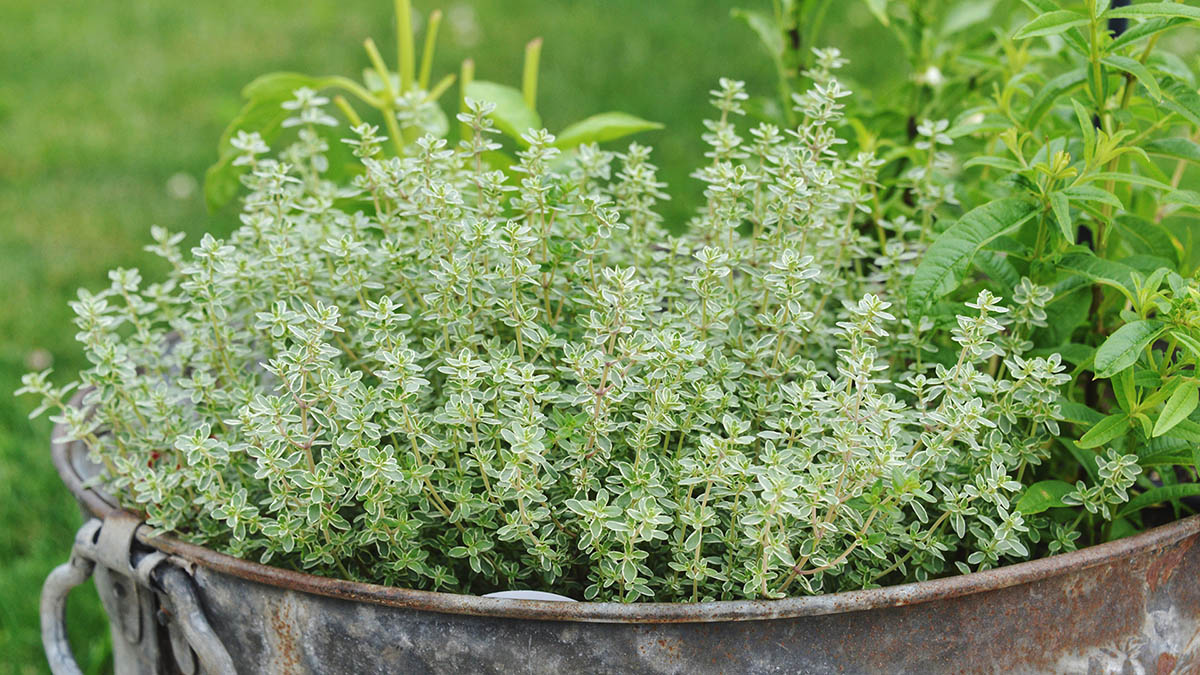
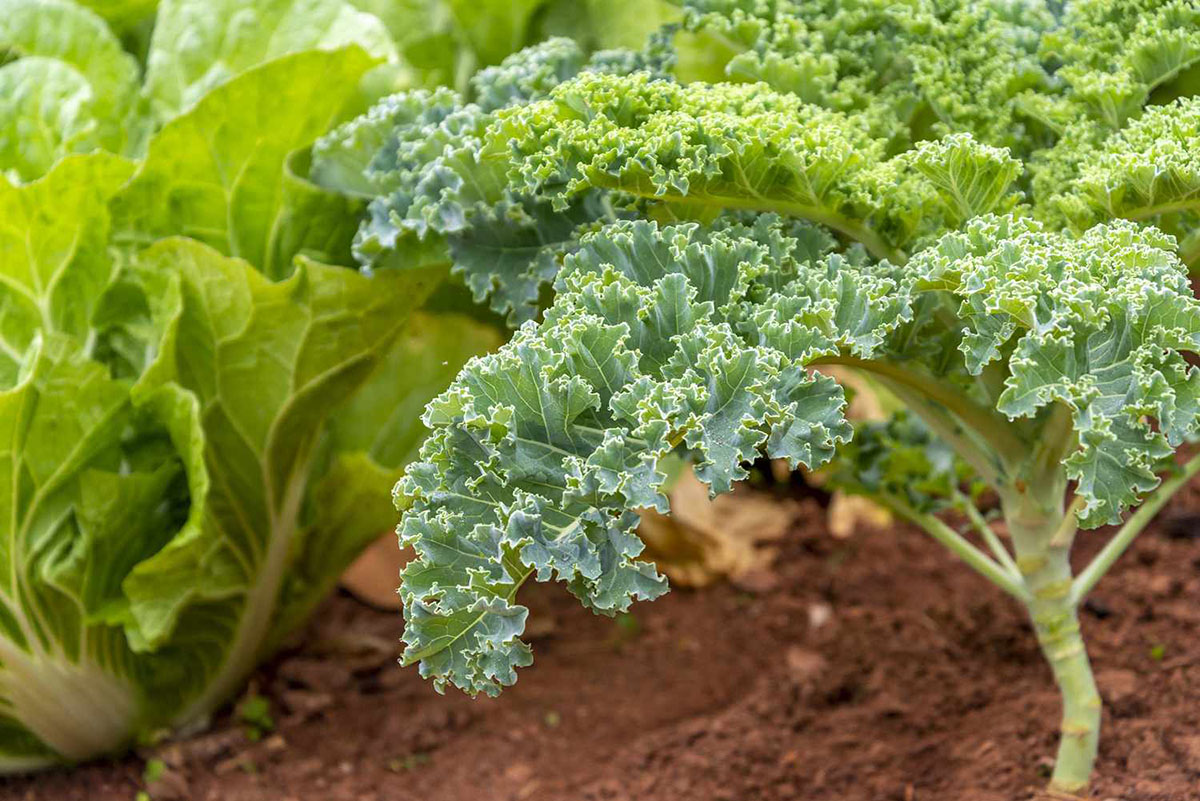
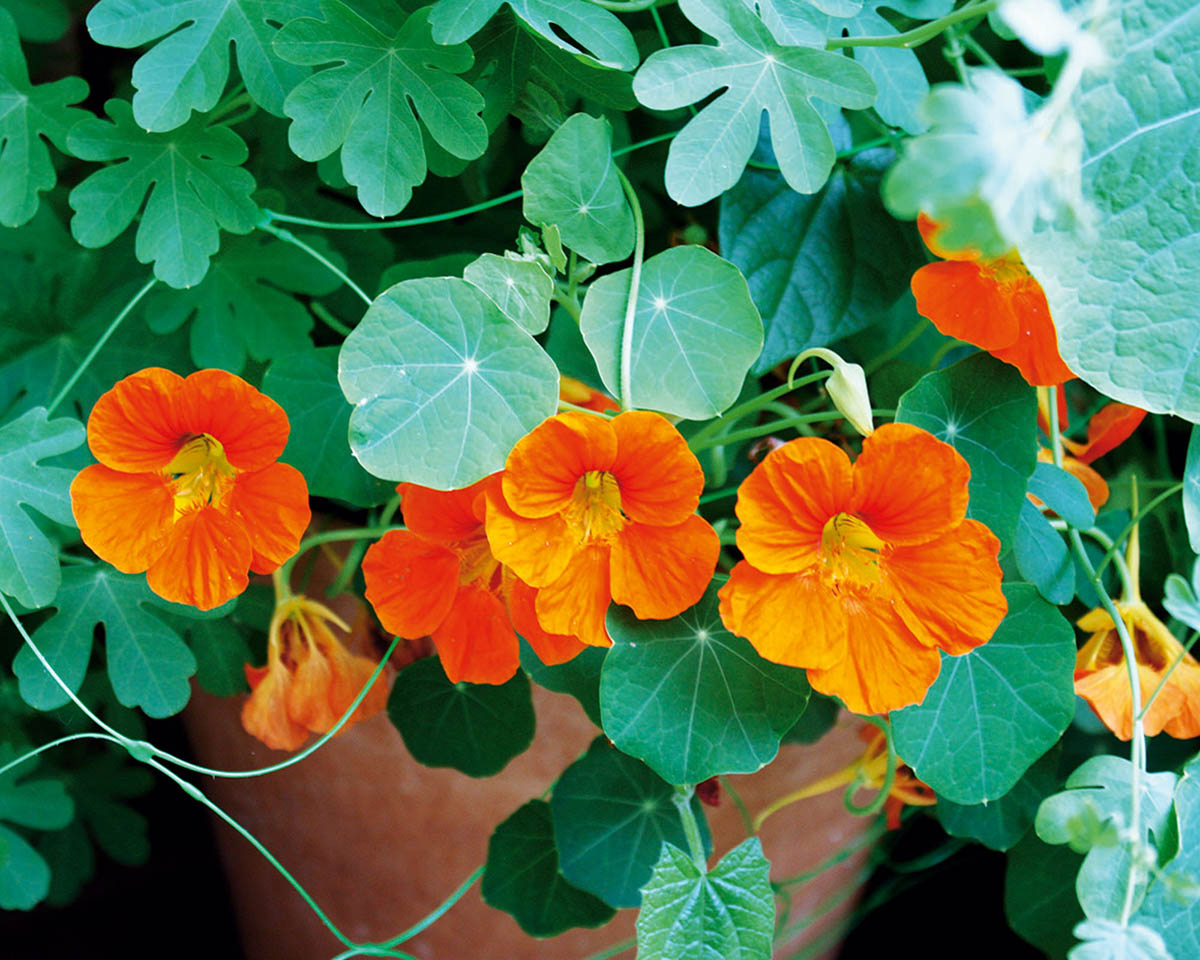
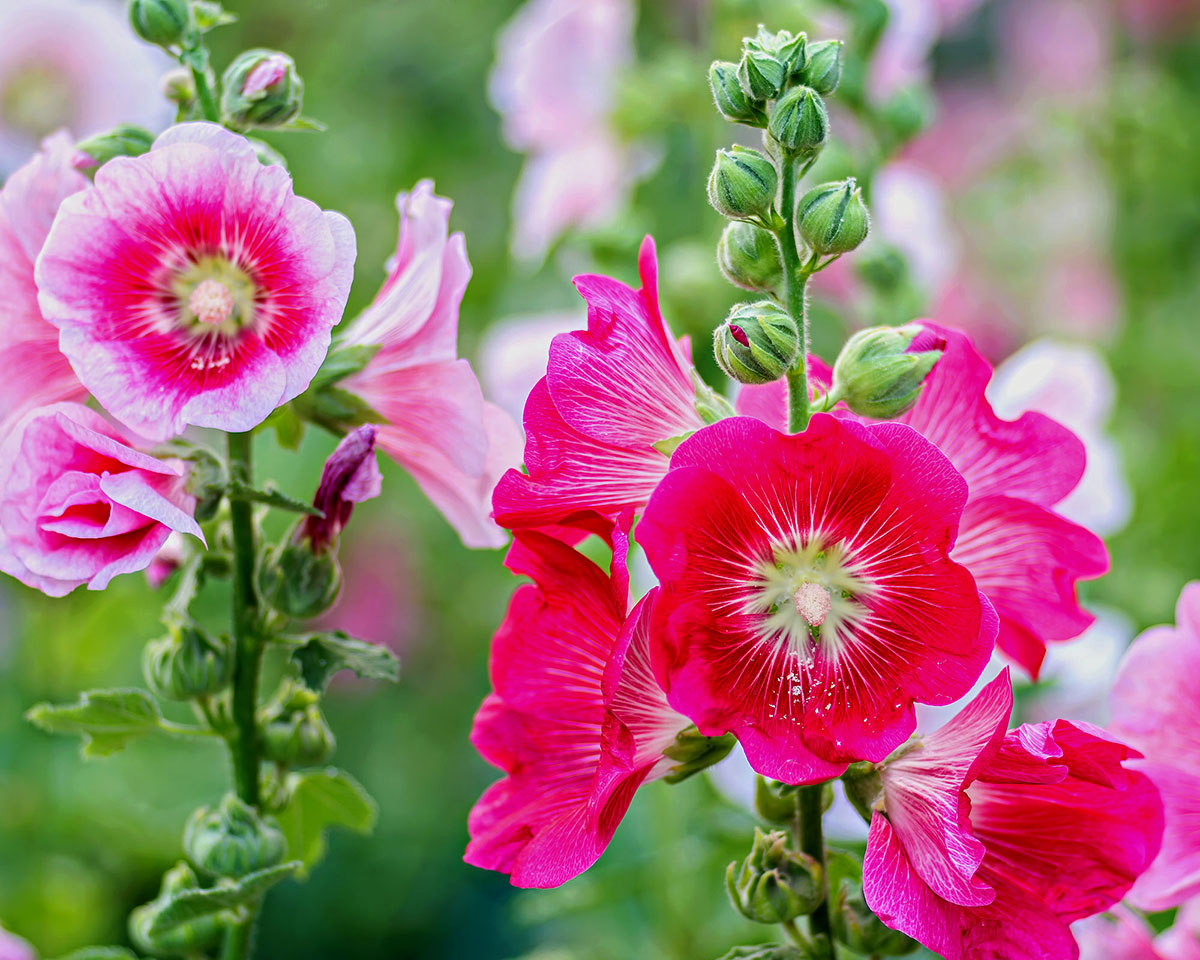


0 thoughts on “How Long Does It Take For Cabbage To Germinate?”